July 4, 2020
Dr. Olga Stevko, MD is an expert at helping people achieve rapid transformation for professional and personal growth. Her clients include over 1,000 entrepreneurs, CEOs, executives, celebrities, doctors, and other professionals and their family members. Dr. Stevko helps her clients identify and transform unconscious programs that create issues in various areas of their lives, including health, relationships, and business.
Her unique methodology allows her to see patterns in how the nervous system reacts to the outside world with flight, fight, and freeze responses. These patterns affect both the mind and body, how people look, think, feel, react, communicate, and behave, as well as aging and longevity.
By observing her clients' faces, posture, quality of voice, and verbal and nonverbal communication styles, Dr. Stevko can rapidly assess their patterns in life and what unconscious programs cause them. After transforming key limiting unconscious programs, Dr. Stevko's clients experience fast and permanent results. Clients have also reported dramatic positive changes in their face, posture, voice, mental processing, communication, behavior, and energy.
During this discussion, you'll discover:
-How your unconscious shapes your life experience and is tied to your nervous system…7:06
- Neuroscience has shown that 95% of our life experiences are shaped by our unconscious programs
- Everything in our environment—what we see, hear touch, smell, and taste—can trigger some unresolved trauma
-What epigenetic trauma is…8:41
- Environment creates nervous system responses like the fight, flight, or freeze modes, which affect pretty much everything in your body—including muscles, immune system, and cardiovascular system
- How people respond shows up in their faces, posture, how they walk, quality of voice, how they write
- Trauma is passed on genealogically; genes can express traumatic experiences
- BGF podcast with David Rabin
- Apollo wearable developed to help with trauma (15% discount automatically applied at checkout when you use my link)
- Dutch hunger winter
- People on plant medicine journeys release various epigenetic traumas
-How training to link deductive and observational analysis with neurolinguistic programming and physiology works…9:57
- Olga created her methodology by combining aspects of her training in medicine, philosophy, and psychology
-How Olga identifies trauma using neuromuscular indicators…12:13
- Looks for tension in the face and posture. Is the body rigid or fluid?
- Differentiates source of trauma/tension by how distress is manifesting
- Muscle tension creates certain lines in the body, like in the forehead, nose, and mouth
- Tension in the jaw and vocal cord muscles affects voice
-How unconscious programs affect behavior…18:50
- Identify what unconscious programs cause certain issues
- Looks at how the neck and head are aligned with the entire body
- Ben’s neck position is a little bit forward and a little bit in; could be an indication of an unconscious need to protect himself
- Unconscious mind creates that protection all the time
- When listening to voice, listen to pitch, volume, melody, intonation…
- Talking too slow and in monotone, for example, could be an indication of a more ‘freeze’ state of the nervous system
- Sometimes an indication of a very fast mental process, but a slow physical reaction
-The link between physiological presentation and interpretation of trauma…24:30
- Everybody has experienced unpleasant events
- Experiments show that trauma passes genealogically, even through several generations
- Trauma manifests in muscle tone, voice, posture
- Energetic psychotherapy practitioners are successfully resolving trauma by looking at face muscle tension, posture, etc. by identifying certain unconscious programs that create the fight, flight, or freeze responses
- Transforming these programs could automatically change the speed of mental processes, voice, speech, even facial muscle tone
-The combination of modalities used to treat the unconscious mind…32:30
- No supplements, talk therapy, or hypnosis in Dr. Olga's treatment modalities
- Uses a combination of modalities, some of which were studied under Milton Erickson, who used “trance” and language pattern, among other techniques
- Identifies trauma from the face, posture, and drawings, what unconscious program caused it, uses the unconscious mind to resolve identified trauma
- Created a how-to process that brings up awareness of what caused the trauma, what unconscious program causes the experience of physical sensations, shortened emotions, or metaphorical sensations
- A feeling of emptiness in some part of the body, great tension, even pain for some people, some kind of anxious feeling, “butterflies,” a sense of chaos—or in some people, not feeling anything, a sense of numbness, shutting down, no way out
- Focus on one specific sense and establish communication with the unconscious mind
- Unconscious mind finds all memories that created that sensation
- Work on the unconscious program processes
- The unconscious program will be transformed, the feeling will be gone, and the nervous system will never respond in the same way around the same triggers
- Yale University Psychology professor John Bargh: Unconscious thought, and in general, the unconscious mind affects most things, how we perceive ourselves and the world around us, affects our decision making, choices, behavior, motivation
- John Bargh Study: The Unconscious Mind
-An analysis of Ben’s physiological indicators…47:10
- Ben’s face, without the neuromuscular looks on his forehead, eyes, mouth, and chin, would look 10 to 15 years younger
- Look for symmetry or asymmetry. Ben has more neuromuscular looks on his left eye; “subjectively, things look a little better through the left eye”
- A lot of things going on in Ben’s mind, multitasking…
-An analysis of Ben’s drawing as a psychological indicator…53:02
- More or less, Ben’s thoughts are organized
- Multiple thoughts at the same time, sometimes doesn't finish one thought before moving on to the next
- Some people don’t have the ability to focus on multiple thoughts
-Indications of multitasking proficiency and efficiency…55:20
- Multitasking manifested in work, such as multiple tabs while working on a computer
- Ben usually finishes things he starts
- Most people cannot multitask
- Leaving a task unfinished will bug you incessantly, expending more energy
-FOMO and scarcity versus abundance…1:01:34
- Some people have a very busy life schedule, can't not say no
- Living with a spirit of scarcity versus abundance
- Activities become more structured after treatment
-How to affect behavior change…1:02:38
- Identifying the unconscious program and what it manifests as in the body: muscle spasms, feelings, and transforming this unconscious program will change behavior
-Chasing challenges and the sense of achievement…1:08:36
- Ben is very driven and has an unconscious need to do something else after accomplishing a challenge or a task
-Dr. Stevko's individual and group services, including audio and video resources…1:14:12
- Dr. Olga Stevko’s website
- Calm and Relaxed free audio
- Fall Asleep Easily and Effortlessly free audio
- Webinar with Dr. Jill Carnahan on how to release stress and anxiety
-What psychoimmunology is…1:16:35
- Psychoneuroimmunology; subconscious programs influence the nervous and cardiovascular systems
- Unresolved trauma can create health conditions that manifest into disease, even in healthy people
- Book: Biology Of Belief by Bruce Lipton
- Book: Healing and Recovery by David Hawkins
- Book: The Healing Code by Alexander Loyd
-How high blood pressure and hypertension fit in…1:18:02
- Anxiety and stress cause high blood pressure and hypertension.
Click here for the full written transcript of this podcast episode.
Resources from this episode:
-Books:
- Biology Of Belief by Bruce Lipton
- Healing and Recovery by David Hawkins
- The Healing Code by Alexander Loyd
-Other resources:
- BGF podcast with David Rabin
- Apollo wearable (15% discount automatically applied at checkout when you use my link)
- Study: The Unconscious Mind by John Bargh
- One-on-one sessions with Dr. Stevko in person at her office or on Zoom. Each session is 3 hours (on Zoom), and in her office can be 3 hours or an entire day for up to 6 hours each day (if people are traveling from different states or countries, and they want to resolve their issues fast). She also does group sessions on Zoom separately for men and women for 6-8 people. Each session is 3 hours, and there is a package of 4 sessions. Click here to sign up for any of these options with Dr. Olga (and be sure to mention this podcast when you do!).
- Recently Olga did a webinar with Dr. Jill Carnahan, who is a medical doctor and expert in functional medicine. She is giving Ben Greenfield Fitness Podcast listeners free access to said webinar, “How to Make Your Immune System Stronger and Release Stress & Anxiety.” In it, Dr. Jill Carnahan and Dr. Olga Stevko share powerful resources, strategies, and techniques on how to be well, resilient, and calm. Click here to access it for free now.
- Free audio: “Calm & Relaxed.” This deeply relaxing audio can help you release stress & worries, feel calmer & more relaxed, and clear your mind.
- Free audio: “Fall Asleep Easily & Effortlessly.” Another deeply relaxing audio that can help you unwind & clear your busy mind, fall asleep faster & easier, and feel more refreshed & energized when you wake up.
Episode sponsors:
–Kion: My personal playground for new supplement formulations, Kion blends ancestral wisdom with modern science. Ben Greenfield Fitness listeners, receive a 25% discount off your entire order when you use discount code: JULY4TH. This promotion is valid until July 6th, after which you can still receive a 10% discount sitewide with discount code BEN10.
–Organifi Green Juice: Now you can get all your healthy superfoods in one glass…with No Shopping, No Blending, No Juicing, and No Cleanup. Get a 20% discount on your entire order when you use discount code BENG20.
–Water and Wellness: The best solution for clean and safe drinking water. Water and Wellness also offers an amazing line of essential water additives such as Quinton Marine plasma which contain over 78 trace minerals and elements from the ocean to help restore your biological terrain. Get 15% off your order when you use discount code GREENFIELD.
–Pique Tea: Achieve your health goals easier and faster with Pique Tea. My mental clarity is through the roof and energy levels have never been better since I've been drinking Pique Tea. Get 15% off your entire order when you use code GREENFIELD.

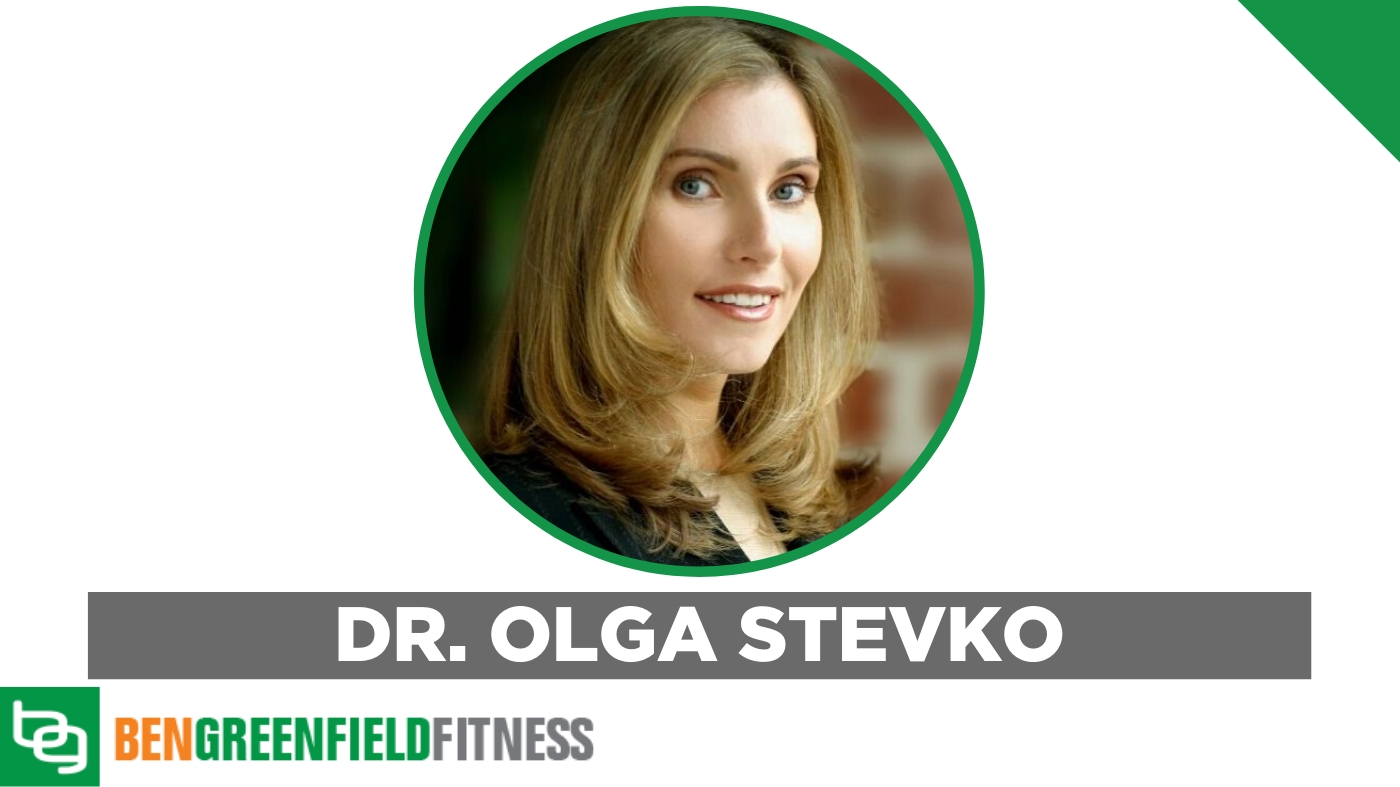
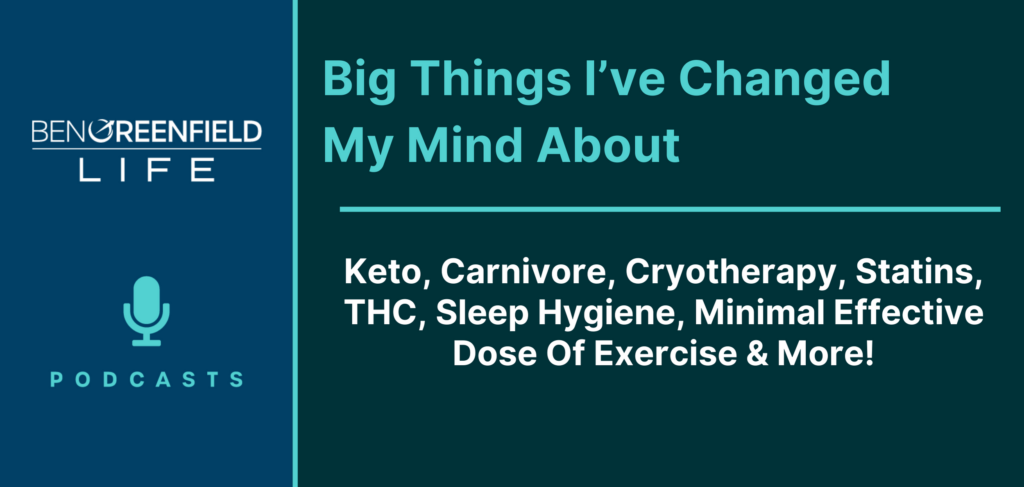



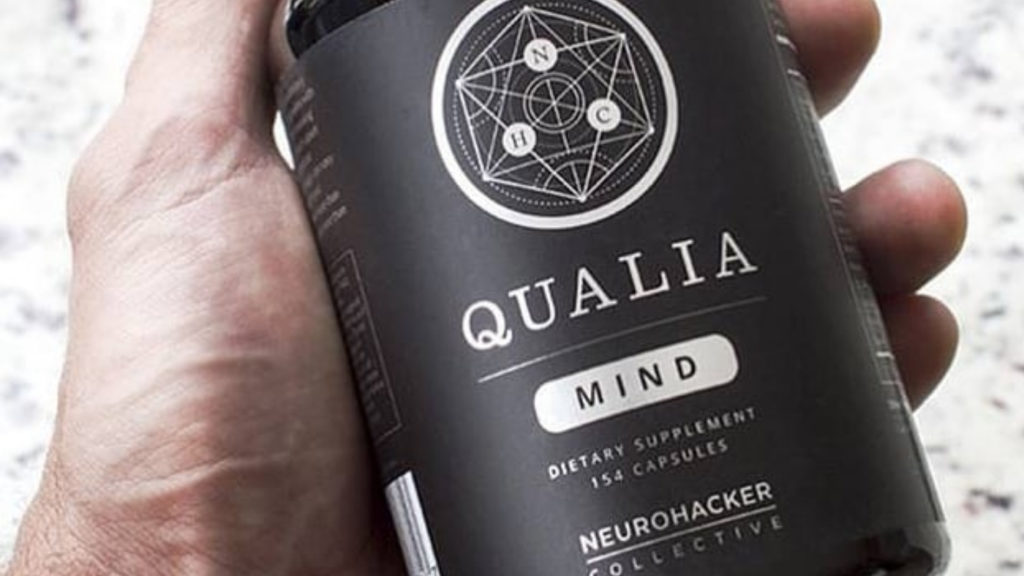

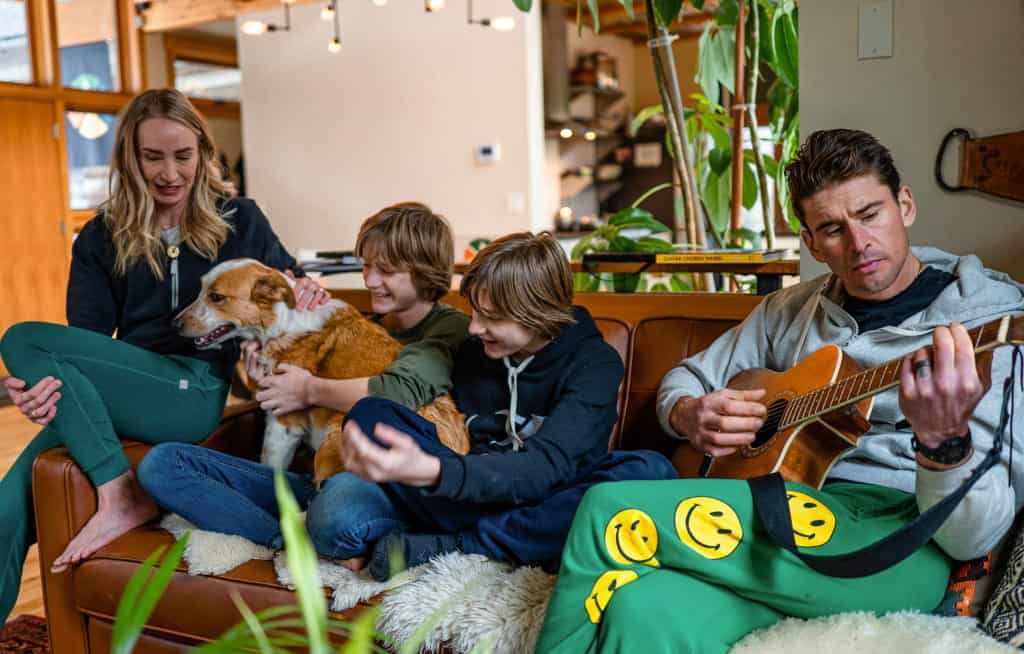


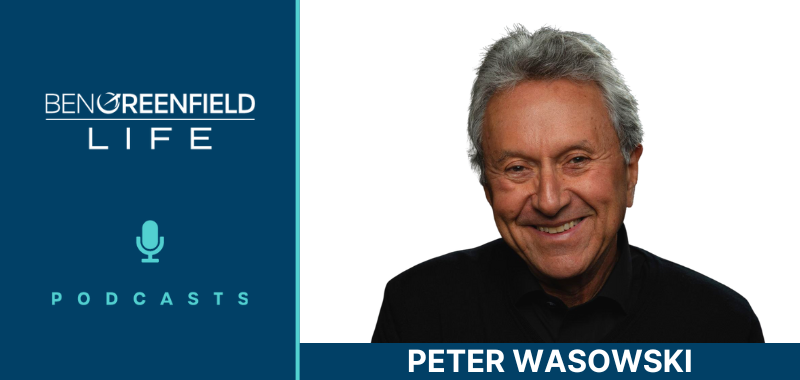

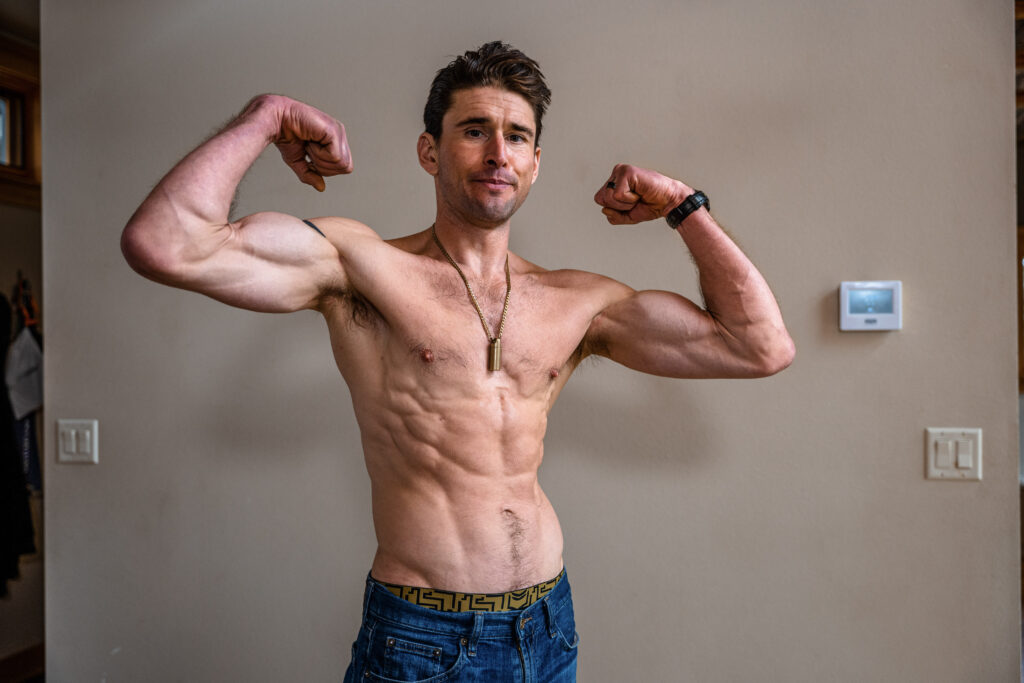
I’d love to work with Dr Olga.
I think Ben was uncomfortable being the subject of analysis. I enjoy his podcasts but I do think he has a big ego and considers himself to know all about all. I suspect he’s a type 5 on the Enneagram which would explain. He spends so much time in his head no wonder he’s so drawn to biohacking.. he needs to be IN his body to balance out. This is not to criticize, just observation. Finally, I wonder…. when someone bio hacks all day (and night) long with substances, devices, supplements, regimes…. how do you know what’s really working? Are they getting so far outside their own true essence that they cannot FEEL or Interocept their bodies true needs in a natural way?
I have had the good fortune to work with Dr. Olga whose approach to chronic illness helped me identify and release unconscious programs that have interfered with my health for more than a decade. Her powerful work is difficult to describe, however her guided process has been more effective for me than multiple other modalities I have tried.
During this interview I felt that Dr. Olga did an excellent job conveying to listeners a taste of the unique process that she has created. I have enjoyed working with this intuitive, compassionate practitioner and thank Ben for giving others the opportunity to learn more about Dr. Olga and her work.
As someone who has complex PTSD, is desperate to address it and move forward I listened avidly. I Found the accent difficult to understand, but i put the speed at 1.5x and that made it easy for me to follow.
Ben was never rude and I appreciated that he kept trying to bring it back on track. I tried not to get frustrated at the lack of how this thing could help a traumatized person… knowing my body etc the way I do…like Ben…the information wouldn’t be helping me and achieving any break-through…..HOWEVER, I understand…or I hope it is more than that. I’d be so grateful if something helped me to do more than just get by everyday. SO I feel a little let down…I’ve looked through the links and notes…and to me at least there is nothing to go to. I sound negative, but I was so hoping…and I am still open. I totally get the ‘English as a second language’ barrier, and it’s probably that…or it is just the same new age talk that I have had been involved with all my life, that hasn’t helped with my situation… Sorry to sound negative and very me, me… I just thought I’d put this out there and see if any clarity comes from people’s comments :-)…. Great work as always Ben, and thank you Dr Olga :-)
Hi VS,
I am sorry that you have complex PTSD. I understand how you feel.
Please email me, and I will provide you with the resources and possible referrals to get help. My email is [email protected]
Warmly,
Dr. Olga
This Podcast, although awkward at times, really hits at the heart of healing.
I can understand Ben’s confusion because Ben is a very Self aware and evolved person. It was extremely unlikely Dr. Stevko was going to tell him anything he wasn’t already aware of himself. Ben literally tests things and how they effect him for a living. However, a large section of humanity is not so Self aware and could certainly benefit from even the simple examples she gave for Ben.
Its my understanding that a large part of unconscious healing is simply bringing awareness into unconscious patterns and traumas. By simply bringing these things into consciousness one has already begun the healing process. So there may not be the “second step” or “what happens next” that Ben was searching for. Simply by consciously processing these traumas one releases the tensions in the body or is aware the next time they are being overwhelmed by juggling to many tasks, therefore healing themselves.
Just my two cents. Keep up the great work.
Thank you Ben and Olga for an amazing podcast! I absolutely enjoyed listening to it all the way till the end. The information provided by Dr Olga can change the way we perceive illnesses. I have always believed that there’s something greater behind illnesses and certain feelings that occur in our body. There we couple of times when I went to the doctor. However, they couldn’t explain what exactly was happening to me as all of my tests and scans were perfectly fine. Having these experiences made me realise that certain illnesses or feelings can be a signal from our soul. Like when our soul can’t handle something or we are doing something that goes against our life purpose it basically says, “Hey, you gotta change. Otherwise, the feeling is gonna get worse unless you understand the message.” However, I couldn’t understand how it works exactly. Dr Olga made me realise that there could be so many reasons for having certain health conditions or feelings including epigenetic trauma which actually explains a lot! Thank you so much for you effort again. This information has a potential to change the world!
This was one of the more challenging podcast for me to listen. I felt there wasn’t much to take from it and I would like to see studies and examples of her work to better grasp the that she does.
I don’t think Ben was being rude just logical and wanting something applicable for the audience.
I agree 100%
Great guest. Dr. Stevko is very talented. I learned a lot from her.
Amazing! Loved the podcast! Dr. Olga is definitely doing a groundbreaking work in a field of personal psychology and trauma work! She showed an incredible depth in understanding how to help people to heal using subconscious mind and much more! It was very kind of her to try to describe the unique details of her techniques, and if not for Ben’s at times awkward guiding, would love to get more info on her brilliant work! She is definitely a pioneer, pushing this unique field forward!
Irina Melnik, M.D.
I am out… one of few I could not listen to and felt as though I was getting nothing from it.
I could not quite understand the doc very well. She still didn’t explain how she does the work that she does. So I’m at a loss.
Ben’s rudeness and confrontational demeanor during this podcast was so distracting I could not finish listening to it. Very strange to invite a guest on a show and then treat them so poorly. I typically love Ben’s podcasts and the information he provides but this one was a huge disappointment.
Hit the nail on the head. I couldn’t finish it either. This was the first of Ben’s podcasts I listened to after I heard him on the Minimalists podcasts. After hearing the poor treatment of his guest and all the advertising for ridiculous supplements, I won’t be back.
Hello everyone,
Thank you for watching the podcast.
I am grateful to Ben for inviting me on his podcast and sharing my methodology and discoveries with his audience. It was brave of Ben to experience a part of my assessment.
I really appreciate some people’s kind positive feedback and curiosity. I will be happy to talk and to share more on this topic.
Warmly,
Dr. Olga
Most interesting outline of a fascinating field of application of many disciplines towards wellness. I would appreciate a real podcast with serous time to be allotted to Dr. Olga Stevko to really explain what she does and explore it in detail. It needs to be seriously addressed and not in bits and pieces to entertain. I look forward to return engagements.
Ben – Can you please have her back on at some point? This was a bit of a let down. You said you were breaking new ground in doing a podcast before working with someone and I have to say it definitely did not work out this time. You guys were going in circles.
I would agree that for Ben he was a bit rude, but Rogan routinely does this to try to understand better. I also wish she had more content to study…she needs a book or to do more podcasts.
Ben at his absolute dismissive worst.
100%
thanks for mentionig this…Ben, add acting lessons to all the “cool guy” stuff you do…
she is a good shrink, no doubt. If she had more fluent English it would be fascinating!
The real task is to communicate and get beyond the current accents you are accustomed to hearing. That is an initial hurdle towards understanding yourself.
I can’t say that I found Dr. Stevko’s information to be too convincing but I was embarrassed for Ben because I felt that he was unnecessarily rude. He did not develop that way over the course of the episode, he started quite confrontational and antagonistic. She’s a guest on the show – it would have been nice to hear her treated that way.
I felt the same and was wondering why the hell
he would have her on the podcast to then be so confrontational and unfriendly.
Alsoanyone laughing about the accent, I bet her English is way better than your Russian!
I don’t think be was being rude, I think there was a language barrier. I always say the same thing about people making fun of accents, its her second language, I wish I could be that fluent in another language.
I’ll second that. I found her clearer when I upped the speed….. But I’m struggling with any takeaways. Ben wasn’t rude at all. I’m Sure Olga would agree :-)
Does anybody have any good recommendations for books about letting go of your past trauma? Also any books on abundance mindset?
Thanks in advance,
Jay
Hi Jay,
Have a look at my comment below for a starting point Re trauma.
Cheers,
Gavin
Read Betrayal of the Body…..a ‘60’s book. In-depth and healing.
LMAO. Ben should have more guests analyze him! “ Can i say one more thing…”
Absolutely loved this episode and it fits in perfectly with the mass amount of further learning I have engaged in the last five or so years to inform my clinical practice (I am an Occupational Therapist working at all times with a trauma focused clinical lense).
Whilst I love Ben Greenfield’s podcast and other information outlets I got a really odd sense that he thought at times Dr. Olga was talking bull s**t.
Whilst some of the concepts that Dr. Olga mentions may seem ridiculous (definitely not to me), before passing judgement realise that world renowned clinicians/scientists (Pat Ogden, Stephen Porges, Bessel van der Kolk, Peter Levine, Janina Fisher etc) have been saying a lot of what Dr. Olga mentions in this podcast episode.
I would like to recommend checking out the following books to those who wish to learn more about trauma, nervous system, the influence of the vagus nerve and the field of Sensorimotor Psychotherapy:
-> Sensorimotor Psychotherapy: Interventions for Trauma and Attachment (Norton Series on Interpersonal Neurobiology) – Pat Ogden & Janina Fisher
->The Body Keeps the Score: Brain, Mind, and Body in the Healing of Trauma – Bessel van der Kolk M.D.
-> The Pocket Guide to the Polyvagal Theory: The Transformative Power of Feeling Safe (Norton Series on Interpersonal Neurobiology) – Stephen W. Porges
-> Waking the Tiger: Healing Trauma – Peter Levine
If anyone wants any other suggestions or resources, feel free to email me.
Thank you very much, Gavin!
I sense that you are really enjoying your work.
I am not familiar with the work of those world renowned clinicians/scientists whom you mentioned. I am glad that they have been saying a lot what I said on the podcast. I am looking forward to read books that you recommended. I always enjoy learning something new in this field.
My friend, Stephen Sinatra, who is a world renowned MD, cardiologist, has a certification in bioenergetic psychoanalysis. I believe he studied with Alexander Lowen. Dr. Sinatra explained to me some concepts of that field. I was surprised that some of them were similar to what I discovered working with my clients.
I highly recommend Dr. Sinatra’s book “Heartbreak & Heart Disease”, especially for people who have cardiovascular issues.
Somebody recommended to me recently Alexander Lowen‘s book “The Language of the Body”.
If you were to choose between Waking the tiger or The body keeps score, which would you go with? Thanks
I read The body keeps the score and thought it was a good read.
Best podcast so far imo. Breakthrough material for sure.
One of the best I’ve heard in a fair while.
I will agree tha Kat’s comments are on point..
I will also say that Dr Olga is definitely a hidden jewel to many! Why? She addresses exactly what are the underlying causes of many people’s problems, (unhappiness-confusion-lack of understanding our own self) things that are hidden to some degree/while also being visible to some extent.
She addresses these things and brings them to the surface.
Folks from Religious groups and Cults may not enjoy this, basically because they have hidden closets which may be non-negotiables for them?
This was very interesting podcast and I could feel and hear the fear in Ben as I believe would be any of us in his spot. We are all fearful someone will see those hidden objects we know or fear are in us. I do regret Olga couldn’t just speak freely and go thru some other unknown clients info taking Ben off the hook. It felt like she never really got turned loose to bring out her ability. Also I went to her website and there is nothing about getting consult via zoom or any other modality?
Kathleen, thank you for your feedback.
My new website is not done yet. Sorry about that. Would you please email me, and I will provide you with the information that you need. My email is [email protected]
Warmly,
Dr. Olga
I enjoyed the podcast despite the challenge of Dr Olga’s accent. I kept waiting to hear how she transforms unconscious programs once she identifies them. Did I miss that in the discussion?
Thanks,
Bonnie
All what discussed can be found and applied from the Book “You are not your Brain” Jeffrey M. Schwarts life changing . And “Five Keys to Mindful Loving “ David Richo for the desert .
Specially for high performers and self demanding people.
Books are free.
Thank you, Bonnie. I talked briefly about how I transform unconscious programs. I use the process that I created. It is based on the work of Milton Erickson, MD and very advanced Neuro-Linguistic Programming. It is a very deep and intensive work. A lot of information might come from person’s unconscious mind during the process regarding that unconscious program. The results after this work are fast and permanent. This process can be used in one-on-one sessions and small groups.
Warmly,
Dr. Olga
I felt that the language barrier made it difficult to understand. I did not get much from this podcast. There is other experts in this area that can get this information across to the average person a lot better.
It’s very interesting to listen to you Ben. Dr. Olga has such great points, and it’s tangible how resistant you are to her remarks. We always think how we are, is how everyone (who is normal) is, but it is far from the case. She sees all the details you are blind to. She is being very patient with your resistance, and despite her heavy accent I think her message is clear. Thank you for being so vulnerable, and using yourself in this episode. There is a lot of growth hidden in this episode.
I could not agree more with you, I feel Ben’s resistance. It is very hard to be on the spot and to be vulnerable, thanks to Ben for doing so. We do not realize the impact we have on other people as we see the world thru our lenses, what we think is normal (as Ben mentions it a few times) for us, we think it is normal for everyone, and that is not the case.
I felt that the language barrier, as well as a lack of dialogue preparation and poor chemistry between Olga and conscious Ben didn’t allow to completely open up and explore this fascinating subject. If Olga could talk and sell her stuff like Joe Dispenza, this would have been a way more interesting episode.
I found Dr. Olga’s work very fascinating dealing with the subconscious mind. I dare to say it’s almost like energy work. She is scientifically using the body’s outward clues to work with and clear unwanted baggage for better performance. Cool!
She is full of examples
Lol!!! 😂😂